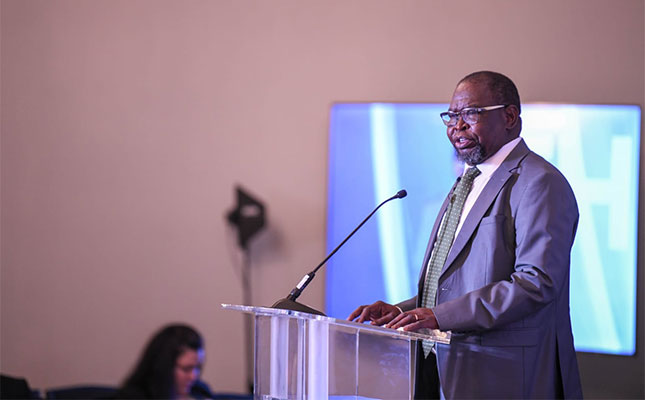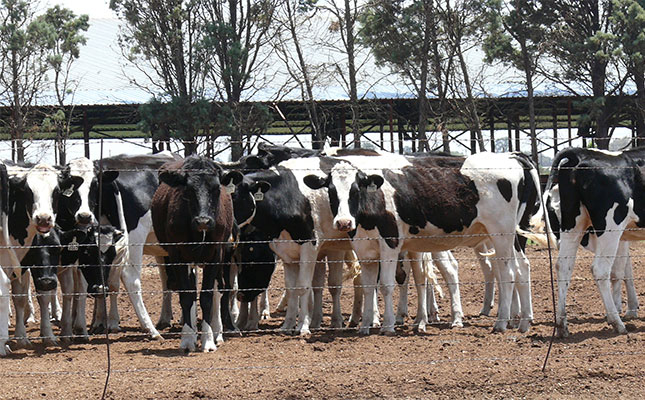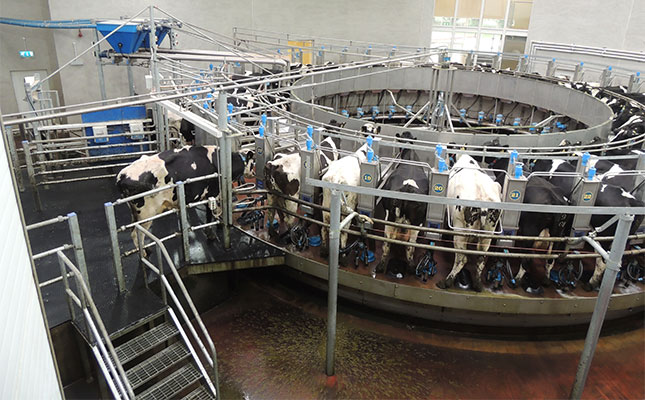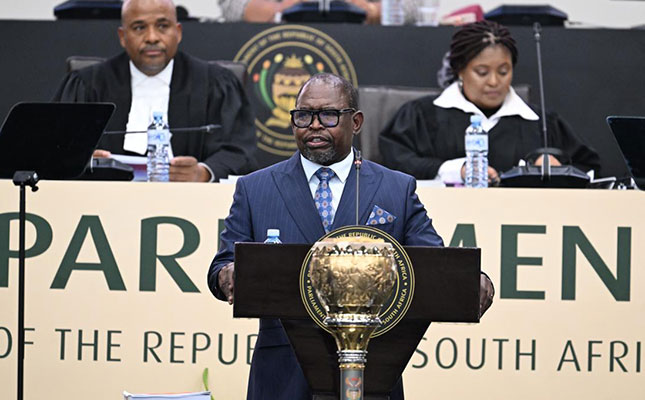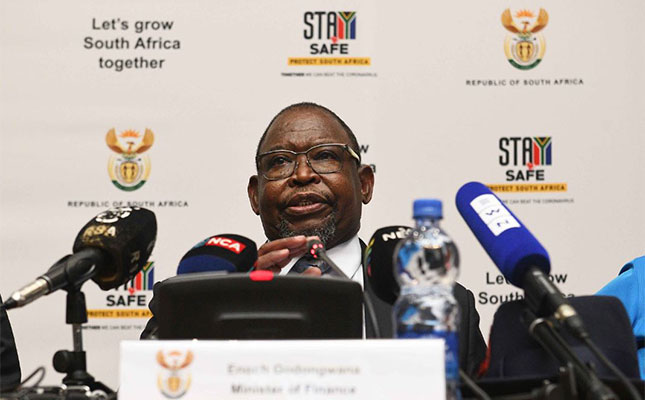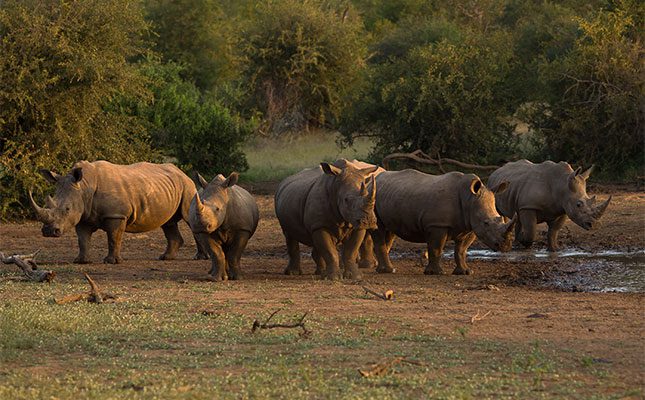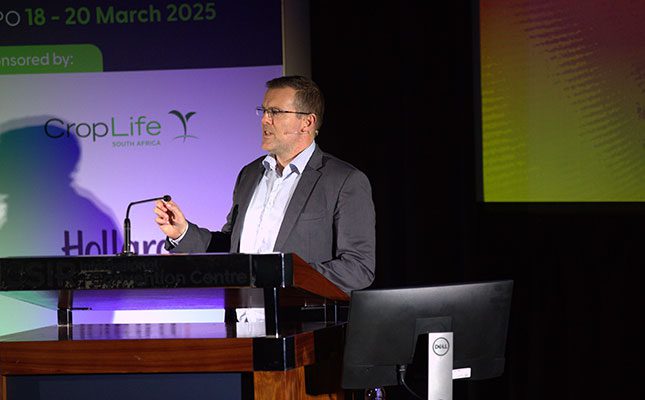
Speakers at Day 2 of the Africa Agri Tech conference and expo taking place in Pretoria this week encouraged the agriculture sector to take charge of the narrative around food production.
“If we don’t take control of the narrative, then disinformation will,” said Alan Hardacre, strategic leader in global advocacy and public affairs.
He said that if details and benefits of new technology was not properly communicated to the public, there would be a risk that disinformation could spread, and the technology taken off the market.
Hardacre gave the example of Danish milk company Arla, which announced last year that they would start using a feed additive that could reduce methane gas emissions from dairy cows by 35%.
“Within hours there was a disinformation campaign stating that the additive would poison the milk, which led to mass boycotts and people pouring milk down the drain. Don’t think it won’t happen to you – everyone in the food value chain is in the public opinion lottery and your ticket could come up any time,” he said.
South Africa is particularly vulnerable to disinformation campaigns around agriculture, owning to political sensitivities.
Hardacre said disinformation around land reform, food security and foreign corporate control of agriculture could easily tap into existing fears and political narratives.
“South Africa also has weak media literacy. Artificial Intelligence (AI) is fuelling disinformation in a way that could not be done before. It’s giving scale to a small group of activists and tools to create content at a remarkable pace.”
AI could however also be used to fight against disinformation and create proactive campaigns to prevent disinformation. Hardacre cautioned that communicators needed to rely on the right messengers to tell their stories.
“Farmers, not corporations, must lead the conversation. Share success stories before fear takes hold,” Hardacre cautioned.
Jolanda Andrag, chief operating officer at Agri SA, pointed to research that showed that 40% of the global population had an affinity for hostile activism. This includes spreading misinformation, attacking people and violence.
“Trust has deteriorated in the world, but even amidst uncertainty we must still seek consensus and continue to engage,” she said.
The industry was advised to prepare for disinformation campaigns against them so that they could respond quickly and adequately.
“Proactively think about how you can be attacked – could there be a labour or ethical angle? An accusation regarding the environment? Ensure that you have the technology literacy and skills to fight disinformation. Defending truth in agriculture is everyone’s responsibility and it starts today,” said Hardacre.


